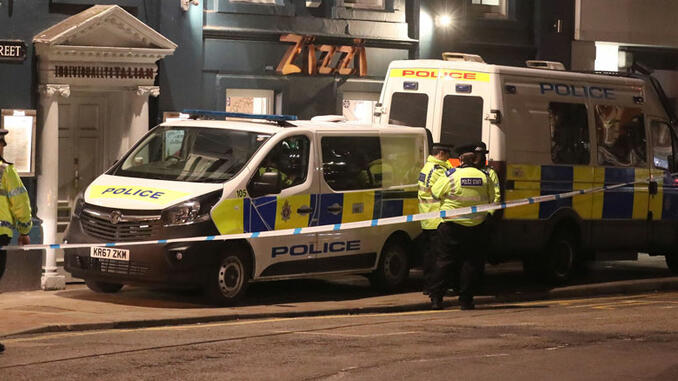
On Sunday March 4, Sergei Skripal and his daughter Yulia Skripal were found slumped over on a shopping center bench in Salisbury, England. They were rushed to the hospital where they currently remain in critical condition. The case soon took on the characteristics of a Cold War spy thriller as it was learned that Sergei Skripal was a former Russian spy and the cause of his and his daughter’s illness was revealed to be nerve agent. At initial glance the incident looks like a repeat of the Alexander Litvinenko case in 2006, making it possibly the second time in recent memory that a former Russian spy was mysteriously poisoned in Britain.
The Skripal case is currently unfolding, but what is known about it is that Yulia Skripal was a colonel in the Russian military who served as an intelligence officer. In 2006 he was convicted in Russia of passing identities of Russian intelligence agents working undercover in Europe to Britain’s MI6 intelligence agency. He was sentenced to 13 years. In 2010 he was released, along with several other prisoners, in exchange for ten Russian spies arrested by the FBI in the United States.
The case seems similar to that of Alexander Litvinenko who was also poisoned in Britain. Litvinenko was a former Russian FSB agent who accused Vladimir Putin of being behind the murder of Russian journalist Anna Politkovskaya. In 2006 he became seriously ill after meeting two former Soviet KGB agents in a London restaurant. He died after a few weeks in what was later to be determined as a poisoning by a radioactive element that is mostly found in Russia. A subsequent investigation by British authorities determined the assassination was a state sponsored event.
It remains unclear as of yet how Britain would react to what appears to be Russia’s latest international transgression. Theresa May held a security meeting and later suggested that a first step could be a British boycott of the World Cup being hosted in Russia. These kinds of cases are always hard to prove culpability despite their brazen nature.
